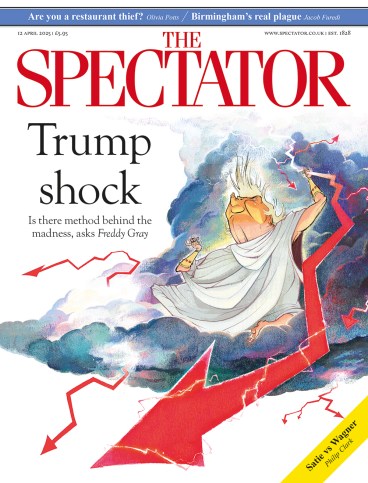
Everyone has their own William Blake and each age finds something new in the ocean of his work: revolutionary Blake, Christian Blake, humanist Blake, Jungian Blake, Freudian Blake, free-love Blake, hippy Blake, occult Blake, eco-Blake. The only time that missed out was his own – then he was mad, delusional and ignored Blake.
Philip Hoare brings the fizz of his own sensibility to bear on the work of a man whose progeny of artistic spin-offs multiply with each passing generation. The result is a book that is neither Blake biography nor critical analysis nor legacy-tracing nor personal odyssey but a capacious mixing of them all. As the author of Leviathan or, The Whale, and Albert and the Whale and the film Hunting for Moby-Dick, Hoare begins by giving us whale Blake.
London in the late 18th century, when Blake was a young man, was a ‘whaling port’. Vast quantities of blubber and whale flesh were landed on the quays of Rotherhithe. Stray cetaceans which swam into the Thames estuary were instantly harvested. The streets were illuminated by whale oil, whale bones had multiple uses and in Blake’s own neighbourhood were two spermaceti processing plants. The slaughter industry was at its height.
Whales in Blake’s work are not literally portrayed – nothing is. Hoare explores how they were refined in his imagination, transformed from images of greed into something more nuanced. The whale is ‘both good and evil… an unknowable philosophical quandary to challenge humans who already believe that they rule uniquely’. Their size and the limitless context of their marine habitat help them to become a vessel for all that we do not know; for those things that are themselves without limit.









Comments
Join the debate for just £1 a month
Be part of the conversation with other Spectator readers by getting your first three months for £3.
UNLOCK ACCESS Just £1 a monthAlready a subscriber? Log in